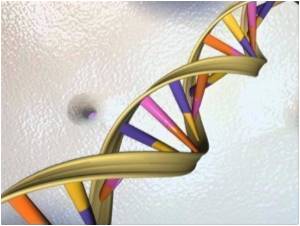Spirulina, a nutrient-rich, blue-green algae, gave neuroprotective support in amyotrophic lateral sclerosis (ALS), also known as Lou Gehrig's disease.

In the study, a spirulina dietary supplement was shown to delay the onset of motor symptoms and disease progression, reducing inflammatory markers and motor neuron death in a G93A mouse model of ALS.
Spirulina, an ancient food source used by the Aztecs, may have a dual antioxidant and anti-inflammatory effect on motor neurons, the researchers said.
When the USF researchers tested compounds found in blueberries and spirulina for effectiveness in animal models of stroke and aging in past experiments, they noted neuroprotective effects of the nutritional supplements.
The current study compared ALS mice receiving a spirulina-supplemented diet over a 10-week period with mice that did not receive the diet supplementation.
The spirulina-fed ALS mice showed reduced inflammatory markers and motor neuron degeneration over that period.
The study was published in the Open Tissue Engineering and Regenerative Medicine Journal.
 MEDINDIA
MEDINDIA



 Email
Email





